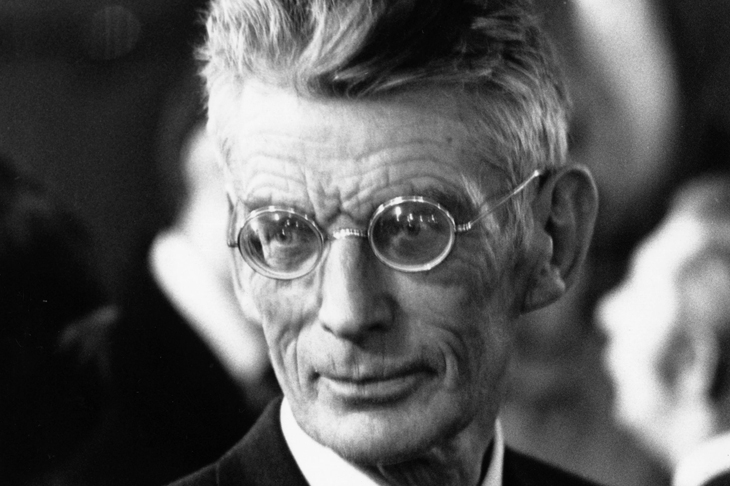The practical difficulties of extracting keys from the pockets of tight-fitting trousers while ascending stairs; the logistical hazards of seducing pub landladies; the absurdity of certain idiomatic expressions if interpreted too literally; the qualitative difference between homemade and shop-bought pizza. Such are the disparate matters occupying the mind of Simon Okotie’s unnamed detective protagonist as he goes about investigating the disappearance of a colleague. In the Absence of Absalon holds a plethora of whimsical digressions in a wafer-thin plot, as Okotie’s story-telling is repeatedly driven off-piste. These, along with the geometric minutiae of his surroundings, are dissected with the kind of exhaustive, hyper-officious attention to contingency we might expect to see in a statute book or a zealously drafted legal contract.
This novel is wilfully, unremittingly oddball: there are parenthetical asides within parenthetical asides, dizzyingly prolix subclauses and playful riffs on the limits of authorial omniscience — the narrator speculating, for example, as to whether his protagonist has been going to the toilet during the chapter breaks. He observes, of one reflection, that ‘It occurred in his mind, as, in a sense, did this sentence.’ The narration is maddeningly halting, punctuated by a welter of ‘so to speak’s and ‘as it were’s; the overall effect is rather like being trapped in a lift with an affable but inebriated pedant who is intent on telling you at length not only how his day went but also how it might have panned out differently.
What sustains all this silliness is the author’s logophilic enjoyment of the peculiarities of language, the myriad possibilities of denotation and connotation. Okotie’s labyrinthine syntax and meandering thought loops bring to mind the works of David Foster Wallace and Nicholson Baker; but the clearest nod is to Samuel Beckett’s Watt, which In the Absence of Absalon resembles perhaps a little too closely. Here is the trouble with so much modernist-inspired experimental fiction in its 21st-century iteration: it has a distinctly throwback, parodic feel, seemingly unable to emerge from the shadow of its canonical giants.
Okotie’s novel is delightfully eccentric and — provided one perseveres despite its lack of narrative thrust — brilliantly funny in places. But is it, as per the modernist maxim, of its time? Probably not.






Comments